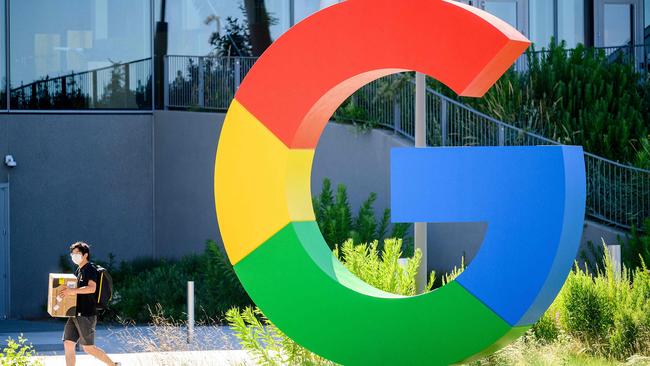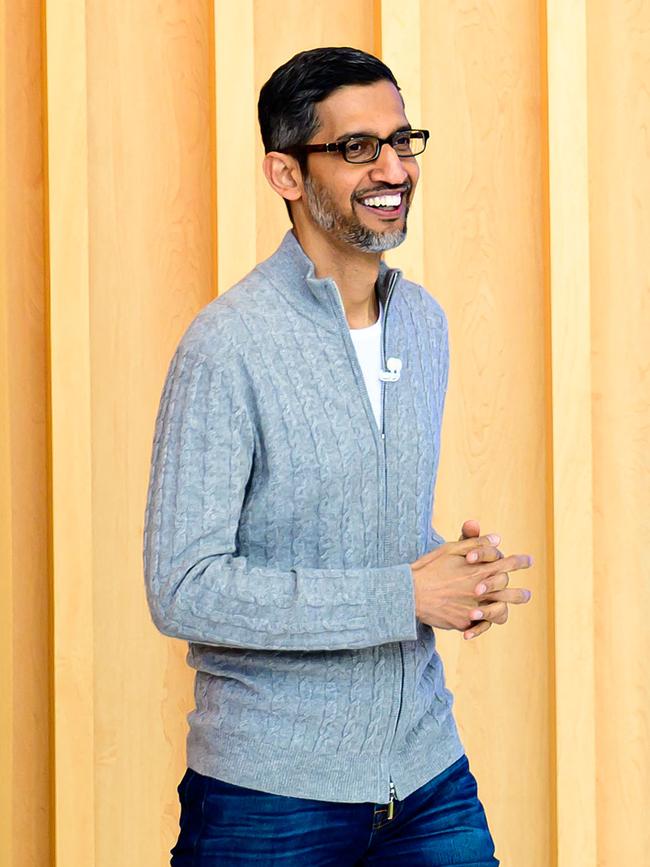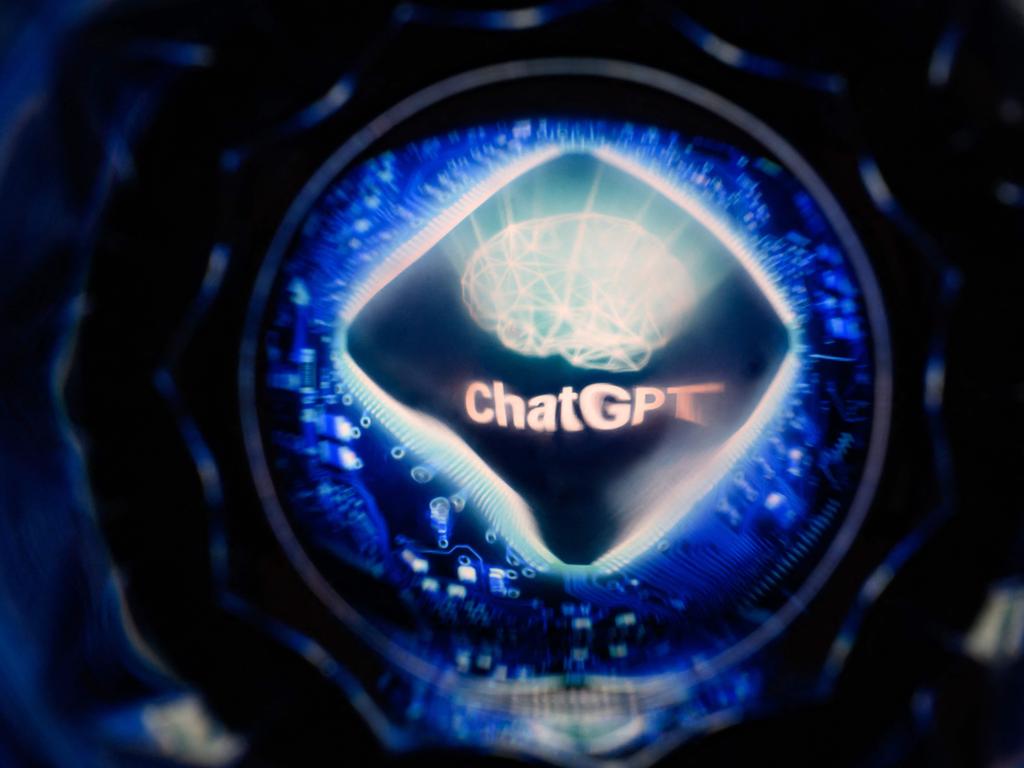Google’s AI text answers to relegate search results
Rather than links to questions typed into the search platform, Google will give users AI-generated answers in a major overhaul to the product that made Google a tech giant.

Google will give users AI-generated answers in its search engine in a move set to change the dynamics of the web.
Rather than links to questions typed into the search platform, AI will come up with a text-generated answer in a major overhaul to the product that made Google a tech giant.

“We are reimagining all of our core products, including search,” Sundar Pichai, the chief executive of Google and its parent company Alphabet, told an audience at its annual summit in California. Google has been under pressure to respond to the challenge of ChatGPT. That AI chat technology has been incorporated into Bing, a rival search engine from Microsoft.
Experts questioned whether Google would be bold enough to revamp its search engine by giving text answers to queries rather than presenting a page of “ten blue links”.
Many of those links are paid for, giving Google $US162 billion in revenue from search. That is all set to change with the “search generative experience” revealed by Cathy Edwards, the vice-president of engineering at Google.
She demonstrated the feature, which will initially be available only to US users via a waiting list, with a query about what is the best bike to use on a five-mile commute with hills. Instead of the usual list of links, it generated a “snapshot answer” of text, with links pushed down the page.
Another query, about whale watching, delivered an answer that was able to be interrogated further in chat on a mobile device.
“This takes AI to the masses,” Paolo Pescatore, an analyst at PP Foresight, said. “AI is now front and centre and set to change the way we interact and engage with the web for ever.”
Google is also bringing AI to Gmail, text messaging and its suite of word processing and spreadsheet products.
Users will be able to type in a request, such as “generate an email asking for an airline ticket refund” and they will get an AI-generated first draft to edit. People will also be able to ask for basic rotas to be generated in Sheets, its spreadsheet product. Bard, Google’s chatbot answer to ChatGPT, will be launched in 180 countries and be powered by a new large language model called PaLM2, which will also produce the answers in the search engine. Bard is not linked to the internet and it is not clear what AI model is powering the answers in the search engine.
Pichai also announced a large language model called Gemini being developed by Google DeepMind, its AI lab, but was keen to stress that Google’s advances in the area would be deployed “responsibly”.
Concerns have been raised about the speed of AI development. Geoffrey Hinton, the so-called Godfather of AI, quit Google recently to warn of the potential dangers.
Although Hinton said the company acted responsibly, he suggested that the race with Microsoft and others would create a dangerous dynamic. As well as the challenge from Microsoft there has been discontent with the present search experience.
Other analysts were more cautious. Barry Adams, a search consultant at Polemic Digital, said the “new Google” was “evolution rather than revolution”. He added: “It seems Google is not yet abandoning its historic approach to search results, but is integrating AI as an additional feature on search results for specific use cases. We’ll still have the classic ten blue links, but these will be pushed down the results by AI-powered features, which has been happening for years already with other search enrichments like images, videos and news articles.”
This week Mustafa Suleyman, the former Google executive, told The Times that search was “broken”.
Suleyman, a co-founder of DeepMind who left Google last year to start his own company, Inflection AI, said: “Every piece of content has been [optimised for search engines] to within an inch of its life. Content creators and publishers have been so incentivised to design webpages around adverts that keep you on the page for as long as possible. So the interests of the user reading a webpage have kind of been lost.”
Addressing the issue of how AI can produce false information, Google said responses would be from authoritative sources. Edwards said: “What fundamentally people want is to be connected to information from real people and organisations, knowing, for example, that this health information comes from the World Health Organisation.”
Google also announced its entry into the foldable smartphone market, with a $US1799 entry-level Pixel device.
THE TIMES







To join the conversation, please log in. Don't have an account? Register
Join the conversation, you are commenting as Logout